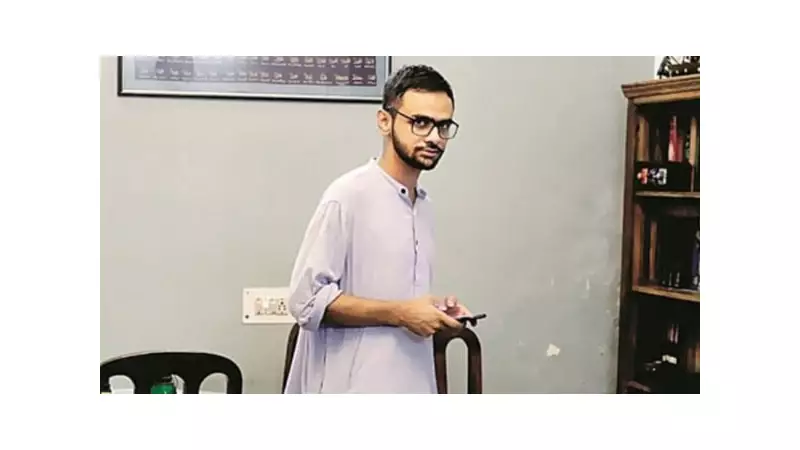
In a dramatic hearing before the Supreme Court, activist Umar Khalid expressed astonishment at being charged in merely one of the 751 First Information Reports filed in connection with the 2020 Delhi riots, questioning the selective nature of his prosecution under the stringent Unlawful Activities (Prevention) Act.
The Curious Case of Selective Prosecution
During the intense bail proceedings, Khalid's legal team highlighted what they termed as a "statistical anomaly" in the enforcement pattern. "It is rather surprising that I find myself charged in only one of these 751 cases," Khalid stated through his counsel, suggesting this peculiarity warranted judicial scrutiny.
UAPA: The Legal Battlefield
The heart of this legal confrontation lies in the application of UAPA, India's anti-terror legislation that makes securing bail exceptionally challenging. Khalid has been incarcerated since September 2020, with his freedom hanging in the balance as the Supreme Court deliberates on his bail application.
Legal experts following the case note that the prosecution's reliance on UAPA for what they describe as a "speech case" raises fundamental questions about the appropriate use of anti-terror laws in a democratic society.
The Delhi Riots Legacy
The 2020 Delhi riots remain one of the capital's darkest chapters, with violence erupting in Northeast Delhi during protests against the Citizenship Amendment Act. The communal clashes resulted in numerous casualties and widespread property damage, leaving deep scars on the city's social fabric.
As the legal proceedings continue, the case has become a focal point in the ongoing debate about free speech, state power, and the boundaries of legitimate protest in contemporary India.






